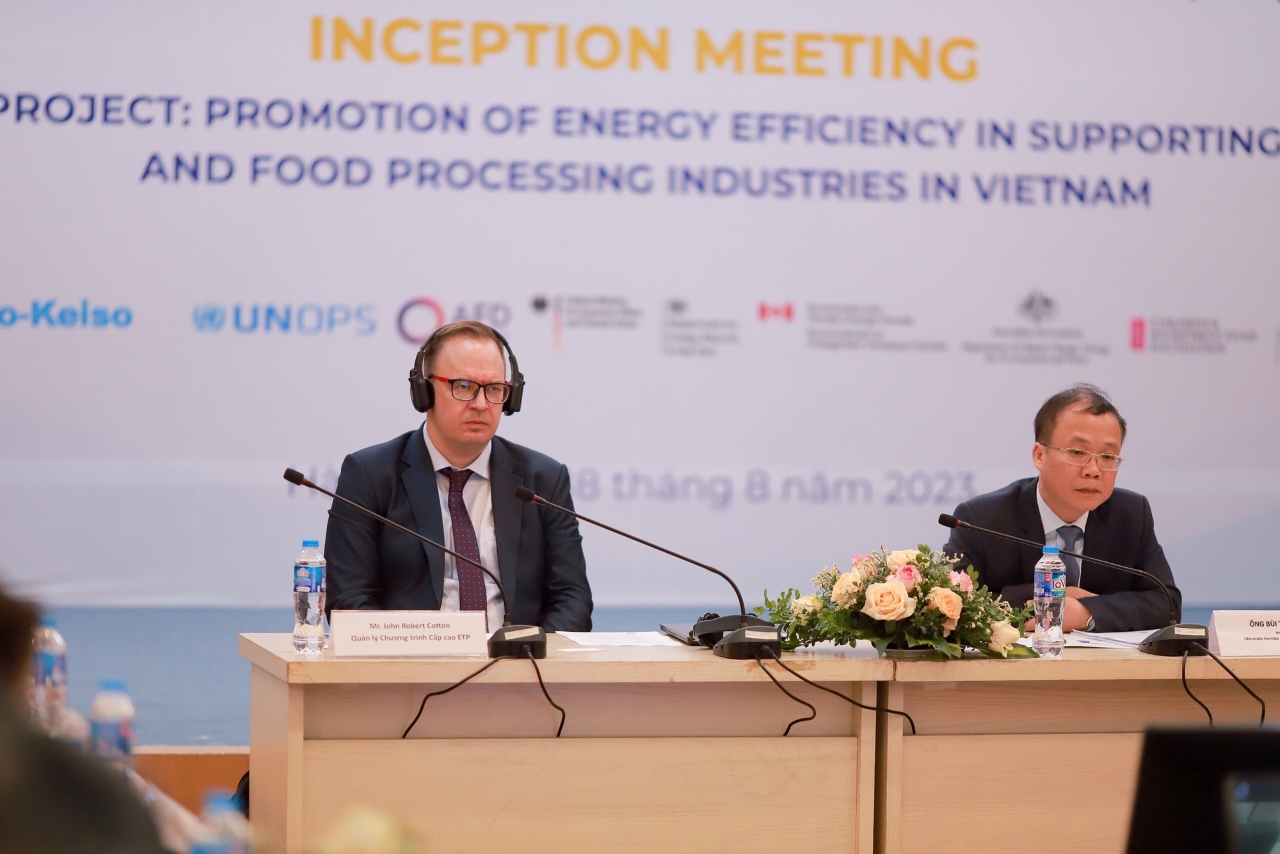HCMC – Vietnamese factories have the potential to cut power consumption by 20-40% by embracing modern technology, automation, and high-efficiency electrical equipment, according to a representative of the Vietnam Chamber of Commerce and Industry (VCCI).
Driven by rising electricity demand and constrained supply, Vietnam is increasingly focused on energy conservation. The Vietnam Union of Science and Technology Associations highlighted the need to develop new energy sources over a period of three to four years, given the vulnerability to supply shortages. Recent electricity disruptions in northern Vietnam underscore the urgency for change.
Bui Trung Nghia, VCCI deputy chairman, underlined the impact of advanced automation and energy-efficient equipment on energy consumption reduction, saying that manufacturers could achieve impressive results of 20-40% through these approaches.
Speaking at a seminar on energy usage in the supporting industry and food processing sector on August 18, Nghia stressed the importance of energy-saving measures in production processes and their contribution to economic growth.
Vietnam’s ongoing energy challenge is driving businesses to seek energy-saving solutions. In collaboration with Energy Transition Partnerships (ETP), VCCI is leading a project that encourages enterprises to adopt innovative practices.
John Robert Cotton, senior programme manager for Southeast Asia at ETP, highlighted ETP’s focus on energy-intensive nations like Indonesia, the Philippines, and Vietnam. He said these countries hold the potential for renewable energy development despite their reliance on fossil fuels.
Within Vietnam’s supporting industries and food processing sector, enterprises encounter obstacles in adopting energy-saving solutions due to limited information on efficient practices. Financial constraints, technical limitations, and energy consumption audit capacities also hinder such initiatives.
Cotton introduced the Energy Service Company (ESCO) model as a practical solution. ESCOs offer comprehensive solutions including energy-efficient design, project implementation, conservation, infrastructure enhancement, and risk management. ESCOs frequently employ performance-based contracts, wherein a lack of investment returns leads to the company compensating the difference, ensuring energy and cost savings for partners.
VCCI and ETP are initiating a project involving 100 businesses to enhance financing access and connect participants with ESCOs. The Vietnamese ESCO Association is also envisioned to further energy-efficient practices in traditionally energy-intensive industries.
This effort empowers businesses to optimize resource usage, thus reducing emissions in energy-intensive sectors, noted Cotton.
The French Development Agency (AFD) has committed to allocating over 2.3 billion euros to support 100 green initiatives. Nguyen Thi Thanh An, head of Energy Transition Division at AFD, emphasized their commitment to Vietnam’s sustainable development by encouraging green projects through banks and risk-sharing mechanisms.
Kentaro Takahashi from Japan’s Office of International Cooperation for Transition to Decarbonization and Sustainable Infrastructure expressed Japan’s interest in collaborating with developing nations like Vietnam through technology transfer.









